Transition Leadership Stories
Original voices, thoughts, approaches and accomplishments from leaders in transition.
Profiling diverse perspectives on the transition to a low carbon, socially equitable economy from business, academia, government and the non-profit community.
Transition Leadership Series: Episode 4
On February 23rd, 2020, Vancouver-based Teck Resources Ltd. announced the withdrawal of the regulatory application for a controversial Alberta oilsands project after months of environmental and Indigenous protests against the project.
The news brought celebration from many – activists, doctors and Nobel prize winners amongst them – who praised the protection of Indigenous land and community health, and the prevention of a predicted 4 million tonnes of annual greenhouse gas emissions by the project. Others were disappointed at the loss of opportunity for upwards of 7,000 new jobs and $70 billion in tax revenue.
In a letter to the federal minister of Environment and Climate Change, Teck CEO and President Don Lindsay explained, “global capital markets are changing rapidly and investors and customers are increasingly looking for jurisdiction to have a framework in place that reconciles resource development and climate change.” He described the company’s project as having landed “squarely at the nexus of much broader national discussion.”
Irrespective of personal opinion or stance, the Teck case clearly illustrates that a global transition is underway, driven by the twin disrupters of climate change and technology. This brings with it massive implications for both industry leaders charged with navigating the transition and the emerging workforce that must tackle these challenges with confidence.
Transition management competencies
In ASI Masterclasses, presenters and sustainability leaders discussed how others can become resilient and marketable as they shift their industries to meet the demands of a climate crisis. This surfaced a list of transition management competencies that both young professionals and current leaders must adopt.
Firstly, this often-times polarizing political and business climate requires strong communication, persuasion and interpersonal skills. Many transition leaders affirmed that these leadership abilities are fundamental when fostering a transition-friendly culture, one which inspires innovation and collaboration. Michael Crothers, President and Country Chair of Shell Canada, explained in his ASI interview how he is creating collaborative working spaces, building an in-house innovation lab and fostering inter-departmental dialogue in order to help accelerate positive action in the energy industry.
John Bianchini, CEO of engineering company Hatch, affirmed this thinking, describing the most valuable asset for new employees as “emotional intelligence” even above, “academia or experience”. He explained that, “it’s actually easier to develop strong technical skills in engineering, math, physics, project management. Those are easily learnable – those are the soft skills. The hard skills are actually emotional self-awareness skills.”
Transition leaders also highlighted the importance of a multi-disciplinary approach to today’s global challenges. Sandra Odendahl, former CEO of CMC Research Institutes, described the need for a “cross-pollination of skills” across a variety of disciplines in order to ground engineering principles in systems thinking.
Shifting Mental Models
Additionally, shifting one’s mental models, building personal resilience and reframing preconceived notions of success were all noted as critical in driving the transition forward. Ecological economist Peter Victor noted that a focus on human psychology is hugely important for the future of work.

“We are a species that evolved when what really mattered for survival was the short term and the local. What we now have to work on is the long term, and globally, psychologically and emotionally we are not necessarily equipped for that.”
Celebrated Corporate Social Responsibility expert John Elkington takes this notion to the next level. He explained that we now need workforces that are both disciplined and knowledgeable in their fields but also “operate in very unpredictable circumstances and do extraordinary things.” He described the need for “people who can invent the future almost in the moment,” the Steve Jobs and Elon Musk types who aren’t afraid to challenge the status quo and boldly disrupt traditional markets.
It is clear that there is growing interest in Canada and around the world with respect to forecasting the future of work in a low carbon world. The question is, how can we successfully train and certify the next generation of Canadians to lead this transition?
Join the movement
At ASI, we recognize the urgent need for wide scale transition leadership and the development of new educational opportunities that transcend disciplinary and institutional barriers. We are inspired to create new educational pathways of accessible and flexible learning to accelerate this development through our ASI Masterclasses, mentorship programs for young professionals and Breakthrough Leadership for Transition – executive leadership training for those ready to tackle these global challenges.
To learn more about opportunities to participate in the transition to a low-carbon, socially equitable economy, sign up to receive ASI quarterly newsletters.

Nicole Doray
Manager, Social Impact & Strategic Innovation


